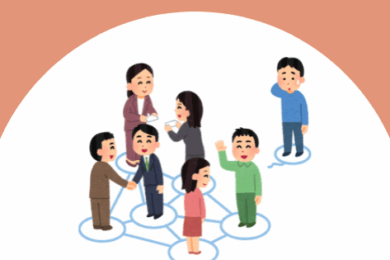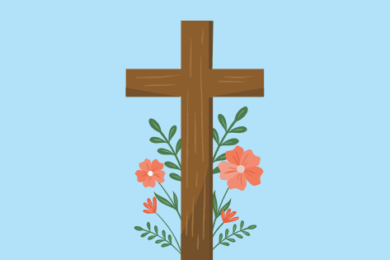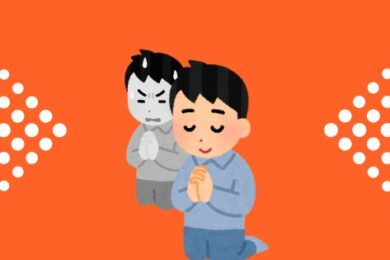The first time I noticed Joe was at an evangelistic meeting. It was the second to last night before the meetings were over and the pastor was making a heartfelt appeal. <<Give your life to Jesus, this is a decision you will never regret>>, the pastor said.
Downcast head under hoodie and fidgety hands in pockets, Joe bashfully made his way to the front, where others stood professing their need for Jesus and desire for baptism.
As the pastor asked the group to turn around and face the congregation, his head sunk even lower.
I could tell a battle was going on inside of him by the way he was twisting his feet and biting his already cracked lower lip.
The following morning Joe died to himself and rebirthed as a new creature in Jesus Christ. After making sure I had everybody’s baptism pictures -because that was my assignment- I awkwardly walked towards Joe and sheepishly congratulated him for his big day.
He had been studying the Bible for a while and had made the decision to get baptized on that specific day, which also happened to be his birthday.
After Joe got baptized, he attended church for a couple of weeks, until one day he stopped going. Like many spiritual newborns who get baptized and then forgotten by their new family, Joe fell through the cracks.
This is where it gets easy to place the blame on others.
It’s easy to say: “the pastor should have seen it coming”, or “the youth director should have been on top of things”, or “sister so and so should have invited him to their house for lunch more often.”
But what did I do? How could I have made him feel more welcomed? Did I check on him when he first stopped going? Was I there for Joe?
Several months went by before I found out that Joe was sick. He had HIV. He was only a teenager.
The thought of someone so young with such a gloomy diagnosis shattered my heart. And that was the moment I realized that as his sister in Christ, maybe I could have done more for him. That when a person falls through the cracks it isn’t solely somebody else’s responsibility. That had I been in his position, I would have liked it if somebody had been there for me.

Of course, that doesn’t mean that every time someone leaves the church it is your fault. Because each person is free to make their own decision, it’s called free will. Other people should never be the determinant factor when deciding whether to stay in church or not, rather a relationship with God. However, there is a reason why a spiritual family is so important.
“Two are better than one, because they have a good return for their labor: If either of them falls down, one can help the other up. But pity anyone who falls and has no one to help them up.” – Ecclesiastes 4: 9-10
What I did learn from this experience, however, is that I should never wait for someone else to do the right thing, or for someone else to go the extra mile. I learned that that someone else doesn’t always have to be someone else, it can also be me.
The name is not real, but the story is. Joe’s case isn’t an isolated event, it’s something that happens more often than it should. Nobody quits going to church because they’re happy, or at peace. When that happens, there is usually a lot of pain, and feelings of loneliness under the surface, struggles going on inside a person that get often overlooked.
You are not responsible for someone else’s decision, but you are responsible for the choices you make. In other words, you can make a difference, I can make a difference. It doesn’t matter whether you are shy or outgoing, everyone can be friendly in his or her own way.
So I’d like to encourage you friend, to be actively involved at your local church, especially with newly baptized members. Because being intentionally kind, loving, and inclusive to others is never a waste of time.












One thought on “When a youth leaves the church”